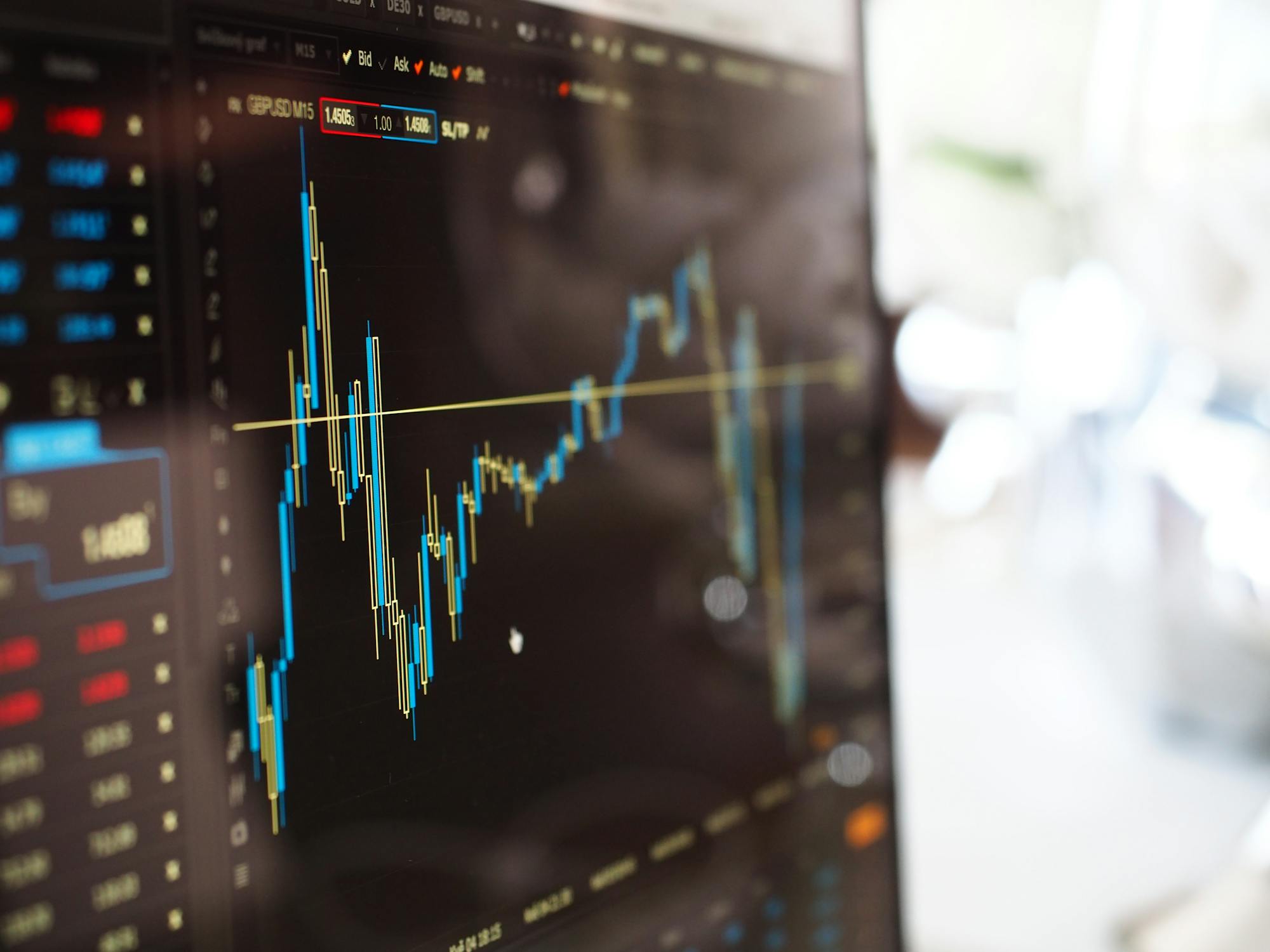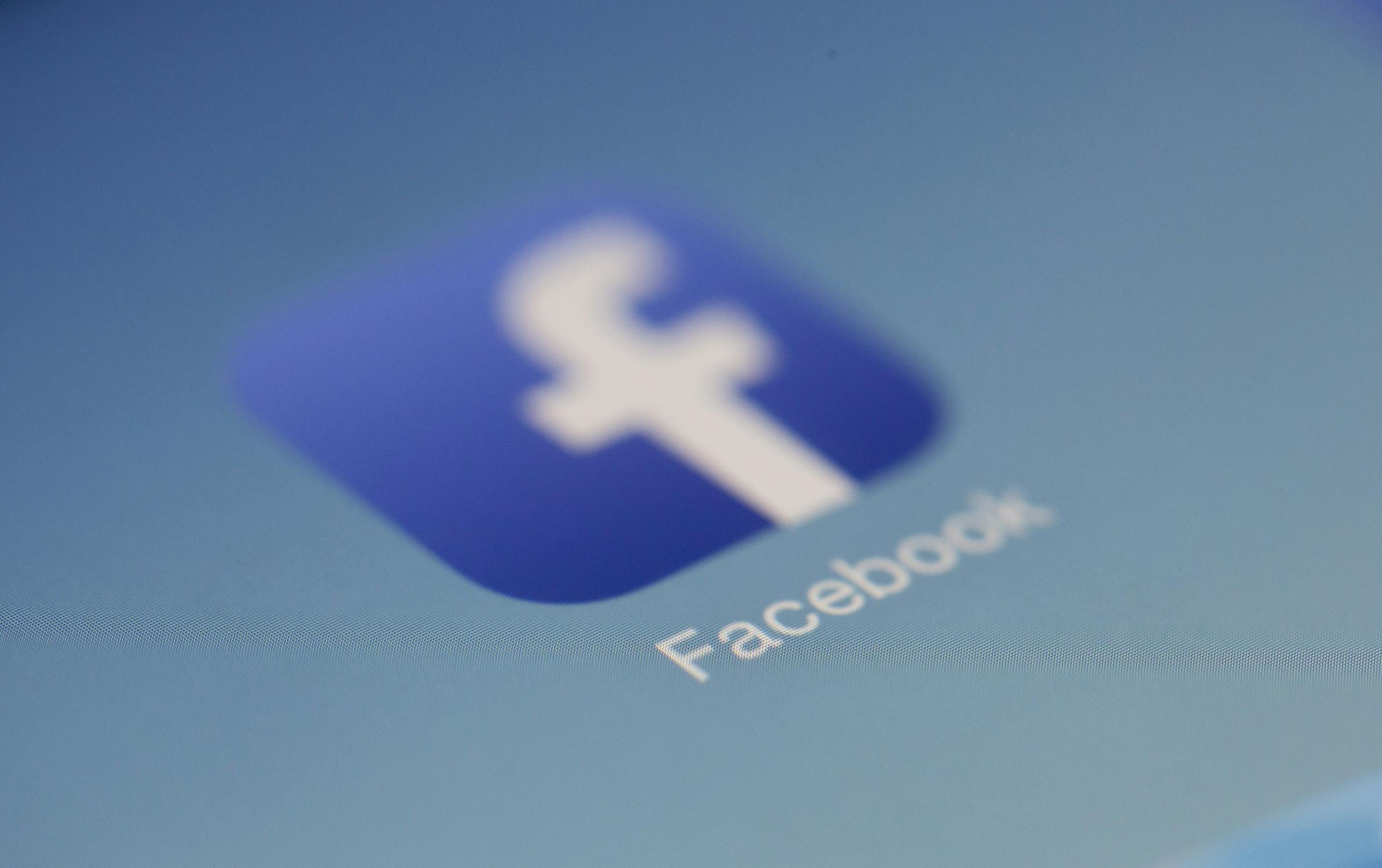Some of the world’s biggest corporations have become notorious for their involvement in illegal and unethical activities, making them examples of corrupt companies. These corrupt companies often manipulate the system to maximize profits at the expense of ethics, legality, and, in some cases, human lives. Whether through financial fraud, bribery, or environmental damage, these businesses have shown how unchecked corporate power can lead to disastrous consequences. These scandals not only result in hefty fines and legal action but can also erode consumer trust and damage a company’s reputation for years. Some of these companies are household names, while others remain more obscure, but all share a history of corruption that continues to reverberate today. By examining these corrupt companies, we gain a clearer understanding of how corporate greed can lead to devastating consequences. Here are 10 examples of companies whose corrupt practices have shaped the business landscape.
1. Enron Corporation

Enron, once one of the largest energy companies in the United States, is one of the most infamous examples of corrupt companies. Enron’s downfall began with a massive accounting scandal in the early 2000s, where executives used creative accounting techniques to hide billions in debt from investors, regulators, and the public. The company’s use of special purpose entities (SPEs) allowed them to manipulate financial statements, making their profits appear far more robust than they truly were.
When the truth finally came to light in 2001, Enron declared bankruptcy, wiping out employees’ pensions and devastating thousands of investors. The scandal led to criminal charges against several top executives, including CEO Jeffrey Skilling and founder Kenneth Lay. Enron’s collapse also spurred the creation of the Sarbanes-Oxley Act, which sought to increase transparency and prevent such fraudulent activities. The company’s failure showed how unchecked financial practices could lead to widespread destruction. In the end, Enron became a cautionary tale of corporate greed and corruption.
2. 1Malaysia Development Berhad (1MDB)

1MDB, a Malaysian state investment fund, is another prime example of corrupt companies that exploited political connections and global financial systems for personal gain. Between 2009 and 2014, corrupt officials, bankers, and celebrities siphoned approximately $4.5 billion from the fund. The scandal came to light after reports revealed that individuals misused money meant for Malaysia’s development, spending it on luxury items, real estate, and even Hollywood films. Investigators showed that they funneled funds through complex financial channels involving major international banks and institutions. The scandal implicated high-ranking figures, including former Malaysian Prime Minister Najib Razak, who authorities eventually charged with corruption.
The widespread embezzlement raised serious questions about the effectiveness of international financial oversight and anti-money laundering laws. The 1MDB scandal has not only damaged Malaysia’s financial standing but also tarnished the reputations of several global financial institutions. In many ways, 1MDB serves as a reminder of how poorly regulated financial systems can enable widespread corruption.
3. Siemens AG

Siemens AG, a global engineering and manufacturing giant, is one of the largest corrupt companies involved in a widespread bribery scandal. In 2008, Siemens agreed to pay over $1.6 billion in fines to resolve charges of paying bribes to officials in various countries to secure contracts. These illegal payments were part of a systematic effort to win contracts for infrastructure and telecommunications projects worldwide.
The company’s bribery operations were so extensive that they spanned multiple continents and impacted hundreds of business deals. This scandal led to a massive overhaul of Siemens’ corporate compliance programs and forced the company to reevaluate its global business practices. In the aftermath, Siemens implemented stricter anti-corruption policies and internal audits to prevent further incidents. However, the scandal left a lasting mark on Siemens’ reputation, which continues to be associated with corruption in business circles. The case highlighted the need for multinational companies to adopt rigorous compliance standards and transparent practices.
4. Petrobras

Petrobras, Brazil’s state-controlled oil company, became infamous for its involvement in the largest corruption scandal in Brazilian history. The scandal, known as Operation Car Wash, exposed a complex web of kickbacks, bribery, and money laundering involving top executives, politicians, and construction companies. Petrobras executives were found to have accepted bribes from construction firms in exchange for lucrative contracts, inflating the cost of major infrastructure projects.
The scandal led to significant political instability in Brazil, with several high-profile political figures implicated in the scheme. The corruption at Petrobras resulted in billions of dollars in losses and damaged Brazil’s economy, which was already struggling. Petrobras was forced to restructure, and many of its top executives faced legal action and prison sentences. This case underscores how corrupt companies can entangle both public institutions and political leaders, leading to long-term consequences for a nation’s governance and economy. Operation Car Wash is ongoing, with investigations continuing to uncover the full extent of the corruption within Brazil’s political and corporate elite.
5. Volkswagen

Volkswagen, the German automotive company, became entangled in one of the most widely publicized corporate scandals of the 21st century. In 2015, it was revealed that Volkswagen had installed software in millions of diesel vehicles to cheat emissions tests. This “defeat device” allowed cars to pass environmental tests while emitting far more pollution than allowed by law. The company’s actions were not just a violation of environmental regulations but also a betrayal of consumers who believed they were purchasing eco-friendly vehicles.
The scandal, which came to be known as “Dieselgate,” resulted in billions of dollars in fines, legal settlements, and a significant hit to the company’s reputation. Several top executives resigned, and the company faced criminal charges for deceiving regulators and the public. Volkswagen’s attempt to manipulate environmental standards exposed the dangerous consequences of prioritizing profits over corporate responsibility. This incident serves as a stark reminder of the lengths some corrupt companies will go to in order to maintain a competitive edge.
Read More: The original Volkswagen Beetle repurposed to create a fashionably old-fashioned mini bike!
6. Wells Fargo

Wells Fargo, one of the largest banks in the United States, became embroiled in a massive scandal that highlighted how corrupt companies can manipulate their customers. In 2016, investigators revealed that Wells Fargo employees opened millions of unauthorized accounts in customers’ names to meet sales targets and earn bonuses. The bank not only failed to adequately address the issue but initially tried to downplay the severity of the situation. As a result, millions of customers were unknowingly charged fees for accounts they never requested, damaging their credit scores and financial standing.
Wells Fargo faced significant legal and financial penalties, including a $3 billion settlement to resolve the scandal. Despite efforts to rebuild its image, the scandal has permanently tarnished the bank’s reputation and raised questions about corporate culture and accountability in the financial sector. The incident underscored how toxic sales pressures can lead to unethical behavior and widespread harm. Wells Fargo’s actions continue to serve as a warning about the dangers of unchecked corporate practices in the banking industry.
7. Facebook (Meta)

Facebook, now rebranded as Meta, has faced significant scrutiny for its handling of user data and involvement in privacy scandals, making it one of the corrupt companies with far-reaching consequences. The company faced heavy criticism for its role in the Cambridge Analytica scandal, where hackers harvested personal data from millions of users without their consent and used it to influence political campaigns. This scandal raised serious concerns about data privacy, corporate responsibility, and the ethical use of personal information. Facebook’s refusal to act promptly and decisively on privacy violations caused public backlash and resulted in regulatory action from governments worldwide.
The company was fined $5 billion by the Federal Trade Commission (FTC) for privacy violations. Despite promises to better protect user data, Facebook’s continued involvement in issues like data breaches and misinformation has kept it under close scrutiny. Facebook’s handling of user data exemplifies how corrupt companies can manipulate personal information for profit, undermining public trust. The social media giant’s scandals highlight the need for more stringent data protection laws in the digital age.
8. Boeing

Boeing, the aerospace giant, has faced one of the most devastating scandals in the aviation industry, revealing how corrupt companies can jeopardize public safety. The 737 MAX crisis, which began in 2018, was a direct result of the company’s attempt to prioritize profits over safety. A malfunctioning flight control system caused two fatal crashes involving the 737 MAX, killing 346 people. Boeing failed to adequately disclose or address the issue. Investigations later revealed that Boeing rushed the aircraft’s design to compete with its rival Airbus, and executives pushed for regulatory approvals without addressing safety concerns.
The scandal led to the grounding of the 737 MAX fleet worldwide and a massive loss of public confidence in Boeing’s commitment to safety. The company faced billions of dollars in financial losses, legal settlements, and reputational damage. In the aftermath, Boeing’s corporate culture came under scrutiny, with investigations revealing deep flaws in its safety procedures and decision-making processes. The Boeing crisis serves as a stark reminder of how corporate greed can endanger lives and damage an industry.
9. Monsanto (Now Bayer)

Monsanto, the agrochemical giant acquired by Bayer in 2018, has long been considered one of the most corrupt companies in the world due to its controversial practices in the farming industry. Critics have attacked the company for aggressively marketing genetically modified organisms (GMOs) and herbicides, particularly Roundup, which contains glyphosate. The company manipulated scientific studies to downplay the dangers of its products, and individuals have filed numerous lawsuits claiming that Roundup caused their cancer. In 2018, a California man proved that Roundup caused his terminal cancer, leading to Monsanto losing a landmark case and being awarded $289 million in damages.
Despite the mounting legal challenges, Monsanto continued to promote its products aggressively, ignoring warnings from health experts and activists. Bayer, after acquiring Monsanto, has inherited these controversies and continues to face legal battles related to Monsanto’s past actions. The company’s history of misleading the public and prioritizing profit over human health has left a dark legacy in the agriculture industry. Monsanto’s actions highlight the ethical pitfalls of large corporations that prioritize profits at the cost of environmental and public health.
Read More: Why Pharmaceutical Companies Spend 20+ Billion Dollars Annually Marketing to Doctors
10. Walmart

Walmart, the world’s largest retailer, has faced numerous accusations of unethical and corrupt companies practices over the years. Despite its success, Walmart has been criticized for exploiting workers, including underpaying employees and offering limited benefits. Many workers have reported long hours, low wages, and poor working conditions in the company’s warehouses and stores. Additionally, Walmart has faced accusations of driving local businesses out of business by undercutting prices, creating a monopoly-like environment in many communities. The company has faced accusations of tax avoidance, as it used loopholes to lower its tax bills in the United States, costing taxpayers billions.
Additionally, critics have scrutinized Walmart’s supply chain practices for sourcing goods from countries with questionable labor practices and environmental standards. While the company has made some efforts to improve, such as raising wages and promoting sustainability, its past actions continue to cast a shadow on its reputation. Walmart’s business practices show how large corporations can sometimes prioritize profits over workers, communities, and ethical practices.
Conclusion

The actions of these corrupt companies serve as stark reminders of how unchecked corporate practices can lead to lasting harm, both to individuals and to entire societies. While some of these companies have taken steps to address their wrongdoing, the damage to their reputations and the broader impact on industries continues to resonate. It’s crucial for consumers, investors, and regulators to remain vigilant and hold corporations accountable for their actions. The scandals surrounding these companies emphasize the need for stricter regulations, greater transparency, and a commitment to ethical practices in all industries. By learning from these examples, we can push for a future where businesses prioritize integrity, fairness, and respect for both their employees and the environment.

